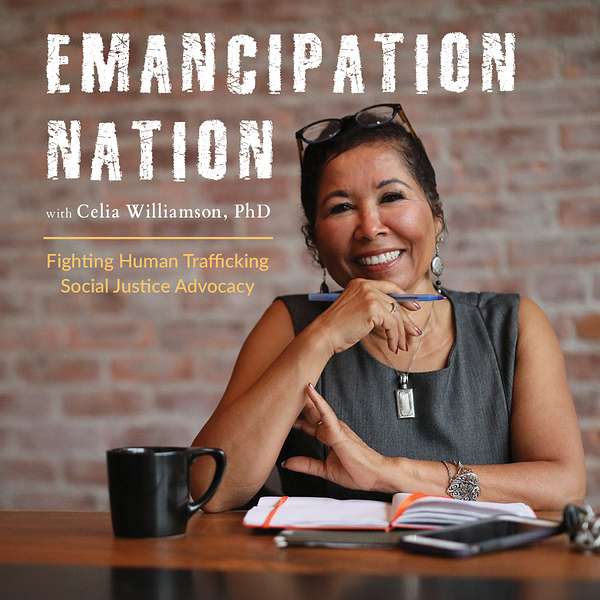
Emancipation Nation
Emancipation Nation
Episode 184: Part II The Rest of Jennifer's Story of the Unseen Reality of Familial Trafficking
What if one of the most dangerous places for a child was their own home? Tune in as we walk with Jennifer, a courageous survivor of familial trafficking, down a dark path that begins with a seemingly regular childhood and descends into a chilling world of manipulation, abuse, and exploitation by her own father.
Jennifer's story is a harrowing exploration of the often-overlooked reality of familial trafficking. From her father's disturbing manipulation tactics, to her being sold to a gynecologist and simultaneously trafficked from her father's bar, Jennifer's narrative unveils the horrifying reality that victims of familial trafficking endure. Our discussion doesn't just stop at her past; we delve into Jennifer's experiences in a neglectful psych ward, the mind-boggling indifference of her mother, and the repeated exploitation she faced. This conversation is a clear reminder of the importance of understanding the signs of familial trafficking and the urgent need for resources and support for survivors.
Yet, Jennifer's story isn't just about survival, it's about resilience, advocacy, and empowerment. Jennifer uses her horrific experiences as a tool to illuminate the concealed atrocities of familial trafficking and to fill the glaring gap in the anti-trafficking field. This episode is a testament to the resilience of survivors and a call to arms in the fight against human trafficking. Join us as we uncover the heartbreaking truth and the inspiring strength of Jennifer.